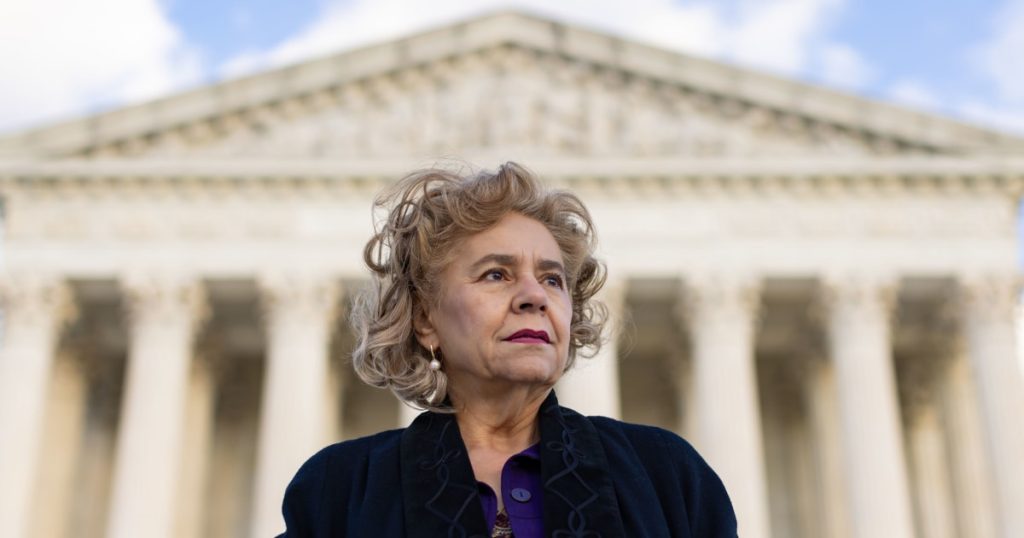The Supreme Court voted 8-1 to revive a civil rights claim brought by Sylvia Gonzalez, a Texas woman who was arrested following her criticisms of a senior official while serving on a small-town council. The ruling gives Gonzalez another opportunity to bring a retaliation claim, sending the case back to a lower court for further proceedings. Gonzalez was arrested in 2019 after taking office as a council member in Castle Hills, Texas. Charged with inappropriately removing a government document, she claimed the arrest was retaliation for expressing complaints against the city manager and violated her First Amendment rights. Despite the charges being dropped and her lack of a criminal record, Gonzalez spent a day in jail and resigned from her elected position.
Gonzalez’s lawsuit aimed to overcome a procedural hurdle through the 2019 Supreme Court ruling in Nieves v. Bartlett. This ruling stated that in most cases where police have probable cause for arrests, retaliation claims cannot be brought. However, exceptions may exist if plaintiffs can demonstrate that others in similar situations were not arrested, even with probable cause. The Institute for Justice, representing Gonzalez, argued that she should be able to pursue her claim under this ruling. The Supreme Court criticized the 5th U.S. Circuit Court of Appeals for its analysis of whether Gonzalez could bring her claim, stating that she did not need a “very specific comparator” to show others had not been arrested for similar conduct. The evidence provided by Gonzalez showing no one else had been arrested for similar behavior might be sufficient for her claim to proceed.
The case brought attention to the constitutional protection of free speech under the First Amendment, with Gonzalez alleging that her arrest was a form of retaliation for speaking out against the city manager. Defendants in the case included Castle Hills Mayor Edward Trevino, then-police Chief John Siemens, and lawyer Alex Wright. While the charges against Gonzalez were eventually dropped, she faced a day in jail and resigned from her elected position as a result of the arrest. The Supreme Court’s ruling allows Gonzalez to continue her legal pursuit against the officials involved in her arrest.
Justice Clarence Thomas was the sole dissenter in the Supreme Court’s decision, arguing that Gonzalez’s concession that probable cause existed for her arrest should have barred her lawsuit from moving forward. However, the majority opinion emphasized that the evidence provided by Gonzalez, showing that no one else had been arrested for similar conduct, could be sufficient for her claim to progress. By faulting the 5th U.S. Circuit Court of Appeals for its analysis in the case, the Supreme Court’s ruling provides Gonzalez with another opportunity to seek justice for what she alleges was a retaliatory arrest meant to silence her criticisms of the city manager.
The implications of this case extend beyond Gonzalez’s individual situation, highlighting the importance of protecting individuals’ free speech rights, especially in the context of public office and criticism of government officials. By allowing Gonzalez to pursue her retaliation claim, the Supreme Court underscores the need to prevent officials from using their power to suppress dissenting viewpoints. The ruling serves as a reminder that constitutional protections, such as the First Amendment, play a crucial role in safeguarding individuals’ ability to express their opinions without fear of retribution. As the case continues in the lower court, Gonzalez’s pursuit of justice may set a precedent for holding government officials accountable for potential abuses of power in response to criticism and dissent.


